The Language of Flowers During Challenging Times
My internship did not happen the way I expected: masks, social distancing, cancelled events and field trips. As the Therapeutic Horticulture Intern, I dreamed of working with a variety of people in therapeutic programs to figure out if I want to become a certified horticultural therapist. 2020 had other plans.
Typically, the therapeutic horticulture intern observes, leads and creates new programs that connect people with themselves and plants. However, I had to overcome the challenge of distance (and distancing) and come up with a project that would be safe, sanitary and possibly done from home. Luckily, I was able to learn from and bounce ideas off my mentor, Manager of Therapeutic Horticulture Programs Angie Andrade.
I was inspired by the idea of the language of flowers, which connects the inherent beauty of flowers with associated meanings, to create a reflection sheet—a list of thought-provoking questions accompanied by a photo of the flower being discussed—that could be used in future therapeutic programs. These reflection sheets will help get participants socially engaged and connected with themselves and others.
While the language of flowers seems like a light subject on its own, the meanings I chose to dive into get heavy quickly. I chose five flowers to discuss: yellow rose (friendship), yarrow (healing inspiration), black-eyed Susan (justice), chamomile (energy in adversity) and red & white rose together (unity). Each flower choice is meant to address COVID-19 and racial tension/injustice.
Below is an example of the content I have created for people to reflect on their experiences in 2020:
Yellow Rose—Friendship
Friend – a person attached to another by feelings of affection; a supporter
Rosa ‘Wekvossutono’ —Julia Child Rose
Reflection questions:
- What first comes to mind / feelings you have when you notice a yellow rose?
- How has COVID-19 affected your friendships and close relationships? How did you have to adjust? Are you still adjusting?
- Reflect on your gratitude for friendship. Reach out to a friend and share what their friendship has meant to you.
Nature has a unifying power in times of intense division. Mental health is always important, but especially during this global pandemic and the anti-racism movement.
I invite you to take the time to slow down, contemplate and appreciate the beauty that persists even in difficult times. Tend the garden of your heart. Take a moment to reflect. How can you lift others up? I believe that asking yourself good questions and processing your feelings will give your heart the rest and perspective needed to keep going in this fight.
This post was written by Rudi Wimberley, therapeutic horticulture intern. Rudi is a senior at the University of Tennessee, Knoxville, majoring in Plant Sciences with a concentration in Sustainable Landscape Design. She grew up in a small rural town called Paris in Tennessee. She hopes to continue pursuing her passion for people, plants, and art through a career in landscape design after graduation.
Gallery
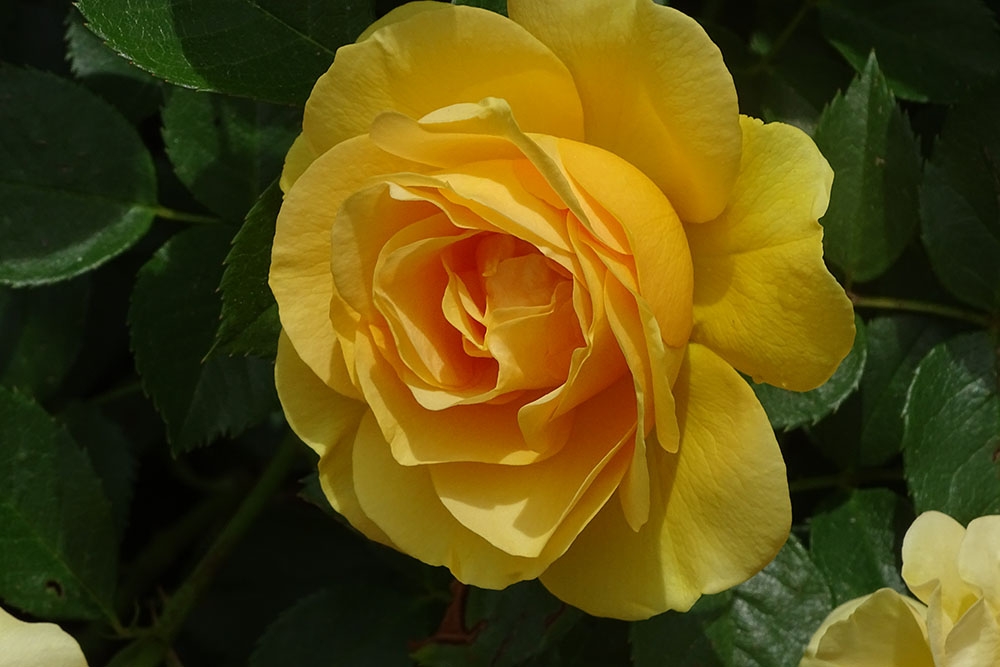
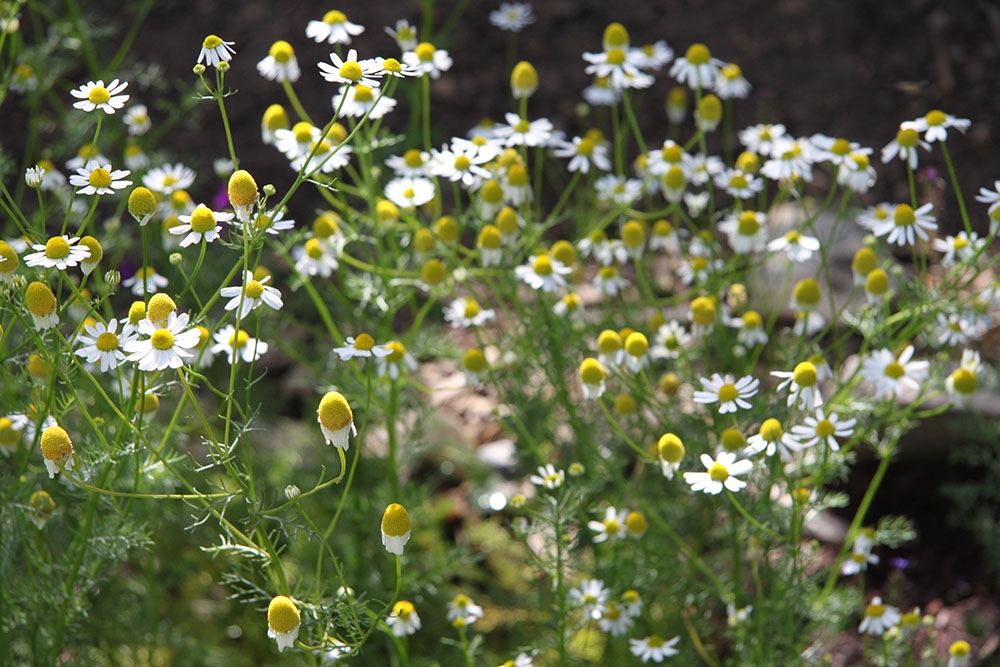
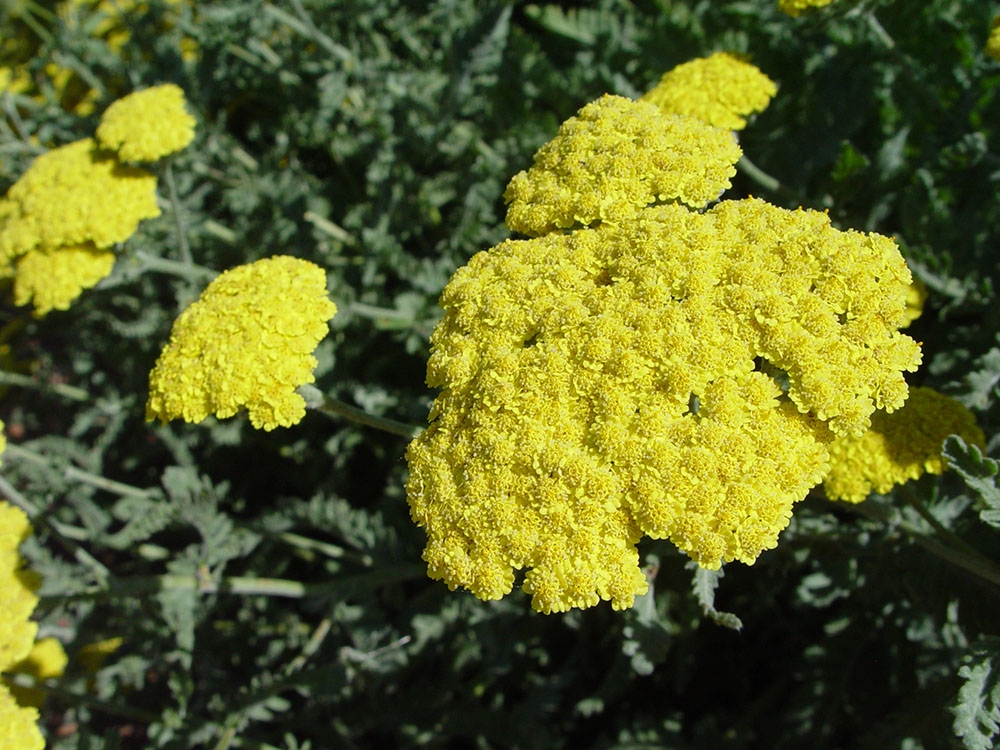
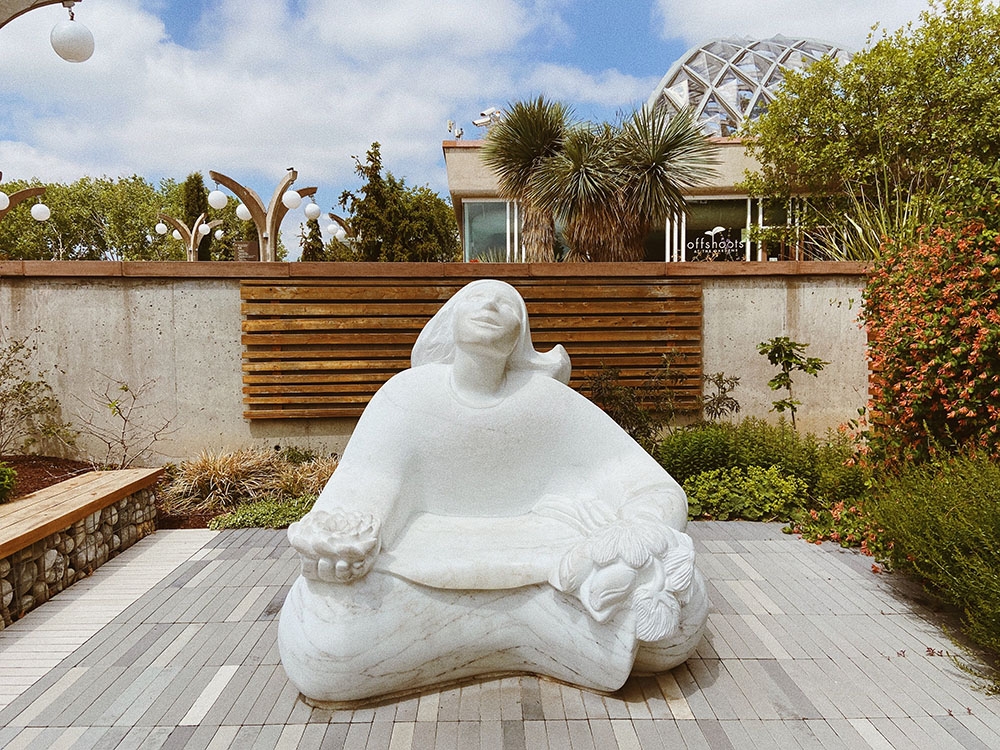
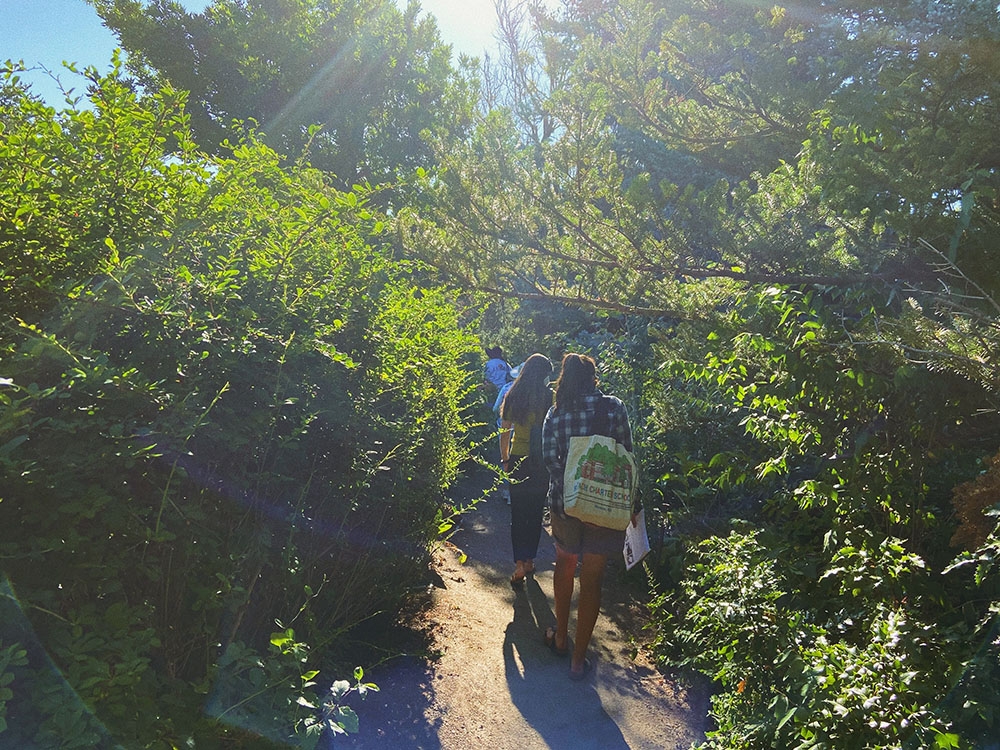
Add new comment